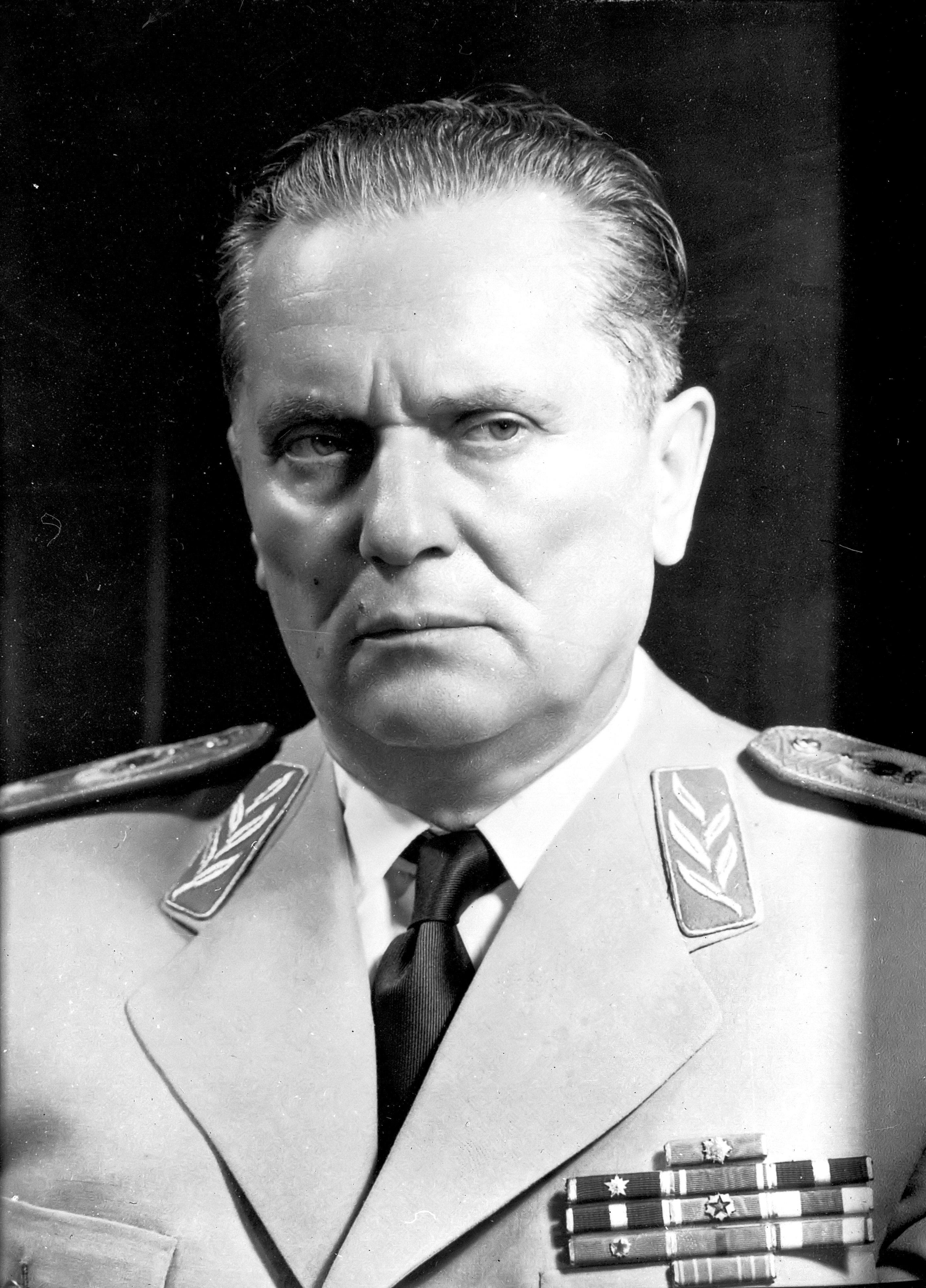Here's something strange Doctor: To this day I've not been able
to figure out how Yugoslavia’s Communist dictator, Marshall Tito, knew I was
coming to Zagreb.
Did Russian spies tip him off, or was it that Jewish Rumanian girl with the unshaven legs I met in Zurich? She was nice, and I thought it was
a pleasant encounter. She didn't strike me as a commie agent. More on that in a
moment.
I was still in distress, when I headed to Zurich on my
journalistic adventure into government sponsored social and welfare services,
but I managed to put Bette Daneman far back in my mind.
Zurich is, as you know, a magnificent, civilized town. At
least it was in those days. The first night in town, I decided it was a good place
to relax and stretch, take a shower and wash some clothes.

I wasn't in the room two hours, when I got an urgent call
from the front desk.
“The police want to talk to you Mr. Veidenthal. Yes? They
say you have clothing hanging on the railing of your balcony. It is against the
law, sir! You have a half an hour to remove them, or we will have to evict you.
“Yes sir!” I
said, and promptly obeyed.
Is this Nazi Germany?, I thought. I went out to the balcony,
which overlooked the town square, and removed every bit of clothing from the
railing, feeling like someone was tracking me from below.
My visit to an enormous Swiss hospital the next day was very
impressive. I could not help noticing that the Red Cross was hanging all over.
Then I reminded myself that is the Swiss flag. It hangs everywhere. The
government hospital was very much what you might expect in a small, homogenous
country. The care was superb, and the facility had sustained no damage from the
war. They had remained neutral, as the Nazis ravaged Europe.
That night, my encounter with the Rumanian girl came on a
trolley as I was riding back from the hospital. I noticed her sitting opposite
me, attractive and young, with unshaven legs. Somehow I remember that vividly,
after all these years. So Eastern European, I thought. I smiled and she smiled
back. I got up and walked toward her, she made room for me, and we talked. I
noticed a small Star of David hanging around her neck. Aha, she's one of us, I
declared to myself.
I said “Shalom”.
She replied, “Shalom”.
Turned out she was
a Holocaust survivor whose family had escaped Rumania during the war. l wanted
to know more. It was the germ of a very interesting conversation. When we got
to the stop at her hotel she invited me to get off and have a cup of tea.
Nothing sinister I assure you, but I did mention my planned visit to Zagreb.
Innocent, totally innocent, at the time.
I left Zurich none the worse for wear and headed for Vienna,
which was still occupied by troops from the US, England, France and Russia. The
Victors, so to speak. Somehow, using my Press credentials, I managed to gain
entry to the world meeting of the International Association of Legislators. Lawmakers
from everywhere attended, including a senator and several congressmen from
Ohio, and notably, Senator Estes Kefauver of Tennessee, who I believe had run
for president. (Unsuccessfully.)
I jumped on a bus with the lawmakers and their wives for a
fun evening at a tavern up in the Vienna Woods. Kefauver as I recall, was really drunk before we got there,
and led our bus mates in singing a round of Auld Lang Syne. I thought to
myself, if these guys were sober we could declare peace around the world. I was
idealistic in those days.
It was a frenzied drunken evening, where absolutely nothing would
be solved.
So much for world peace.
From Vienna, a battered prewar plane managed somehow to get
me to a small airfield in Zagreb. It was another tiny airport with mostly
government military warplanes. This was the heart of the new communist Balkans where Dictator
Marshal Tito had assumed control. He ruled with an iron hand, and was not loved
by the free world, as he was a puppet of Stalin.

I had come to cover the World
Conference for the Welfare of Children. Key participants were, the Dean of the
School of Social Work at Case Western Reserve University, and Bell Greve, Director
of Health & Welfare for the City of Cleveland. This was to be the first post
war conference. Both Bell Greve and the CWRU dean were widely known, Arriving
at the airport, I looked around. The horse drawn vehicles, ready to carry us
into town, struck me as so primitive.
 |
| THE TOSO DABAC ARCHIVES |
This was 1955. There were only a few motorized cabs. I was told there was only one gas station in town. I somehow found a “real cab” and headed for my hotel which had been booked for me by an agent back in Cleveland. We pulled up, and before I could gather my things and pay the driver, an attractive woman opened the back door.
"On behalf of Marshal Tito, I welcome you to Zagreb. I
have a better place for you," she announced in perfect English, then she
hopped into the front seat and instructed the driver in Slovenian. I shouted to
the driver to let me out, but it was too late.
I was petrified.
Next: My indoctrination into Communism, Tito and Stalin-style.











